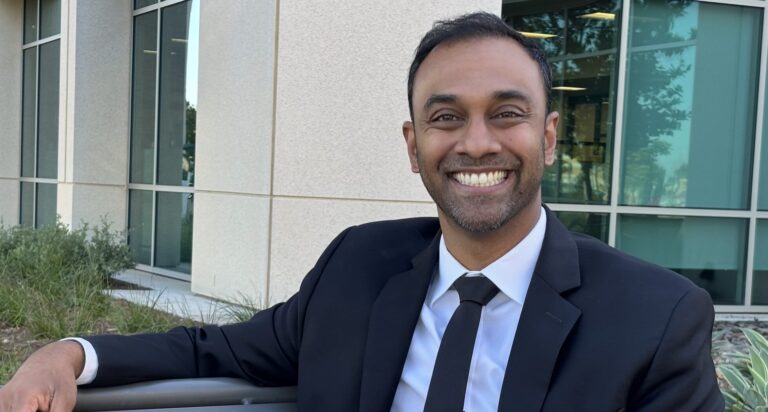By NCI
I don’t want to live, but I don’t want to die.
Many patients of depression say they feel that way at least some of the time. If you or someone you know has felt this way, there is hope. “There is no need to suffer in silence,” says Adriana Naranjo, a Licensed Marriage and Family Therapist (LMFT) serving as a Bilingual Therapist with the Community Resource Center.
According to the World Health Organization, over 280 million people worldwide suffer from depression.
Here in the North County North Inland Region, in 2022, over 1 in 4 adults in reported needing help for emotional/mental health problems or use of alcohol or drugs, as did 1 in 5 adults in North Coastal Region. Depression has also increased exponentially in teens and even young children, as well as in older adults.
Among Latinos, depression and mental health problems are often stigmatized. “Our culture teaches us to be strong, but it also reminds us that it’s okay to ask for help. Don’t face depression in solitude. Seeking help is not a sign of weakness but of strength,” says Naranjo.
Today, depression is considered a health condition just like diabetes, heart disease, or other chronic conditions, and the health care system has responses in place for you. “Speaking about your mental health is an act of courage, and you don’t have to do it alone. There are resources and people ready to support you on your journey to well-being,” says Adriana Naranjo.
Check out these resources and remember, you are not alone, and you are not a burden. Your feelings are valid, and others are out there to help you.
5 Reasons Why It Can Be Difficult for Latinos to Talk About Our Mental Health
By Adriana Naranjo, Licensed Marriage and Family Therapist (LMFT)
- Cultural Stigma: In many Latinx cultures, mental health issues are often stigmatized. People may fear being labeled as “crazy” or “weak,” leading to difficulties in discussing their feelings.
- Familial Expectations: There is often a strong emphasis on family unity and strength. Sharing struggles might be seen as a burden or a sign of failure to meet family expectations.
- Fear of Judgment: Concerns about being judged by family or friends can prevent individuals from sharing their struggles. This fear can be magnified in tight-knit communities.
- Socioeconomic Factors: Financial instability or lack of access to mental health resources can increase feelings of helplessness, making it harder for individuals to seek support.
- Trauma and Resilience: Many Latinos may have experienced trauma, leading to a focus on resilience rather than vulnerability. Discussing depression may feel like a deviation from this value of strength.




